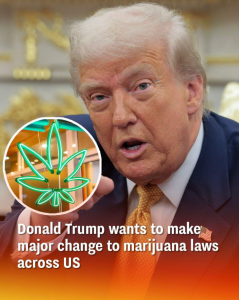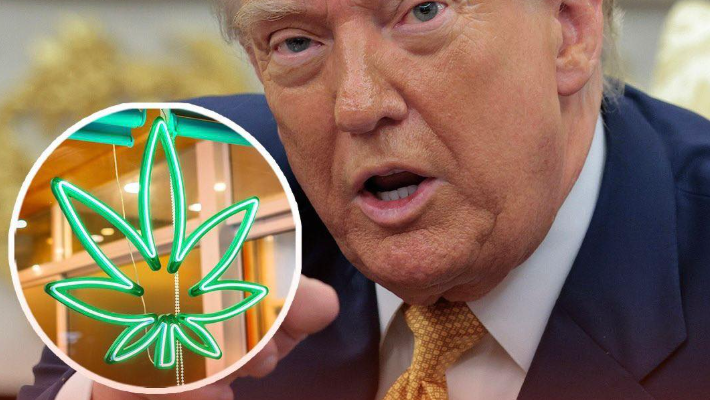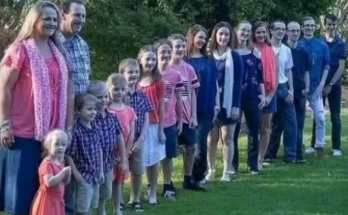1. A Potential Turning Point: Trump Weighs Rescheduling Cannabis
On August 11, 2025, President Trump confirmed his administration is considering reclassifying marijuana from Schedule I—reserved for drugs deemed to have a high potential for abuse and no accepted medical use—to a less restrictive category such as Schedule III. He suggested a decision could come “in the next few weeks.
Media outlets report that this move has garnered attention from cannabis companies and investors. Stocks surged on the news: companies like Canopy Growth, Tilray Brands, Aurora Cannabis, and others saw double-digit gains, while the leading cannabis ETF jumped around 25%.
2. What Rescheduling Would Mean — Legal and Industry Implications
Moving cannabis to Schedule III doesn’t legalize it nationwide, but it would bring substantial changes:
-
Tax Relief: Currently, Section 280E of the tax code disallows standard business expense deductions for operators of Schedule I substances. Reclassification would remove that burden, making cannabis businesses more financially viable
-
Research Access: A Schedule III classification enables broader medical research. HHS has already recommended the move, finding cannabis has an accepted medical use
-
Banking and Investment: Easier regulatory conditions would likely open the door for traditional banks and institutional investors, who currently avoid the cannabis sector due to legal risks
-
Public Perception: Rescheduling would be a significant signal from the federal government recognizing cannabis’s medical legitimacy, potentially accelerating social and political support for continued reform
However, even under Schedule III, federal prohibition remains. Interstate cannabis commerce would still be restricted, and full legalization would require congressional action
3. Regulatory Process and Obstacles in Motion
Past Steps Toward Rescheduling
-
Biden Administration: In August 2023, HHS recommended rescheduling cannabis to Schedule III. The DOJ submitted a rule proposal in May 2024
-
Public Engagement: The DEA held a 60-day comment period in mid-2024, receiving over 43,000 comments—most in favor of descheduling or reschedulingHearings: The DEA’s Chief Administrative Law Judge granted industry groups like the National Cannabis Industry Association (NCIA) standing in the proceedings. Hearings were set to run from January to March 2025
Delays and Controversy
Despite procedural steps, progress stalled—by April 2025, no briefing schedules had been locked in, and the process was effectively frozen. An interlocutory appeal added further delays.
Cannabis advocacy groups raised concerns that the DEA has been biased against rescheduling, accusing the agency of using narrow legal tests contrary to HHS standards. They filed motions calling for the DEA’s removal from the proceeding due to alleged improper conduct
4. New Leadership: DEA Administrator Terry Cole’s Role
President Trump’s nominee, Terrance Cole, was confirmed on July 22, 2025 as DEA Administrator. During his confirmation, he stated cannabis rescheduling would be “one of my first priorities” and pledged to follow “science” and expert advice. Industry groups welcomed his nomination, hoping it would reinvigorate the stalled process
Yet, since confirmation, Cole hasn’t prominently featured cannabis in his top priorities beyond rescheduling. The ultimate timetable remains uncertain, awaiting direction from the President and internal DEA leadership
5. Legislative Momentum and Broader Reform Context
Beyond administrative actions, Congress continues to explore broader reforms:
-
Cannabis Administration and Opportunity Act (CAOA): Spearheaded by Senators Schumer, Booker, and Wyden, this bill seeks full descheduling, expungements, and reinvestment in impacted communities. Introduced in May 2024
-
PREPARE Act: A bipartisan proposal by Rep. Dave Joyce and Hakeem Jeffries aiming to standardize federal policies around cannabis, including banking access and interstate commerce.
-
SAFER Banking Act: Reintroduced in 2024, this bill aims to protect financial institutions serving cannabis businesses from federal penalties
-
STATES Act and STATES 2.0: Legislation designed to shield states that legalize cannabis from federal interference. The latest version was introduced in April 2025
-
Canna Provisions v. Garland: A legal challenge arguing federal scheduling of cannabis is unconstitutional under modern commerce clause interpretations. Appeals continue in federal cour
6. Prospects and Contested Terrain
The potential shift toward Schedule III status is promising but contested:
-
Supporters argue it represents overdue reform—unlocking research, easing tax burdens, and signaling alignment with public opinion, which strongly favors legalization
-
Critics warn rescheduling could empower illicit markets or organized crime, citing possible public-health setbacks. Some also question whether the DEA’s motivations align with scientific integrity
Even if the Trump administration moves forward, substantial resistance remains. Without comprehensive Congressional reform, cannabis will remain in limbo—legal federally in name, but constrained in practice.
Conclusion
Federal drug policy discussions are indeed signaling a shift in cannabis policy. With Trump weighing rescheduling and new leadership at the DEA expressing openness, combined with industry urgency and legislative momentum, change is plausible. But the path is fraught with procedural complexity, political scrutiny, and competing visions for what cannabis reform should look like.


